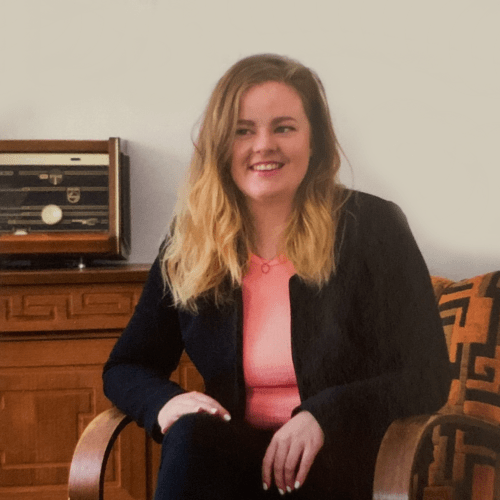



I was rather young when I realised that my grandmother was different from my friends’ grandmothers. She didn’t bake homemade treats or sneak 500ISK into my pocket when I came for a visit. She offered her visitors Homeblest biscuits and gave me a raincoat with a metallic sheen from the Quelle catalogue for my 13th birthday. She didn’t get her hair done every Friday, but cut her hair over the kitchen sink and even sported a rat tail at times. She didn’t gossip about her friends and family, but spied on her neighbour that lived in the house at the bottom of the hill her apartment building was on, and made up stories about him for her grandchildren.
She didn’t cook our favourite food when we came over for a visit, but cooked whatever she felt like and if we didn’t find the food appetising she simply turned the lights off, it all tasted the same either way.
She didn’t carefully prepare a glorious breakfast and cakes whenever we stayed at her place, but went to the supermarket to buy cooked eggs from the salad-bar to put on bread, all because she didn’t enjoy cooking.
Most of the time I liked having a grandmother that was different, I liked being different and I was one of those children that got away with being different for a long time without being bullied for it. I enjoyed having a grandmother that took me and my sister on hikes and camping trips and enjoyed goofing around with us. I liked telling stories of our adventures and the fact that she didn’t follow stereotypical gender roles. But there were other sides to my grandmother that I didn’t enjoy as much, like when she disappeared into a storm on Christmas Eve and we had to call out the ICE-CAR rescue team to find her, or when she was babysitting me when I was four and she was telling me off the whole time, discussing things I didn’t understand. I also disliked when she talked badly about people she loved, when she told me stories that were entirely inappropriate for children and when my mom had to stay on the phone for hours, either talking to her or to find a spot for her in a mental institution.
I have always known that my grandmother had bipolar disorder, I’m very grateful to my mother for always being open about that with me and my sister, it was a part of my life, my grandmother was sick and my grandmother sometimes needed to go to a mental institution. Knowing that helped me understand my grandmother but I still sometimes got annoyed at her when I was a teenager. Why couldn’t she just take her medicine? Why couldn’t she just stop being mentally ill? Why, why, why? She was my only grandmother and I felt it was the bare minimum that the grandmother I did have was healthy and capable of taking care of me the way my friends’ grandmothers took care of them.
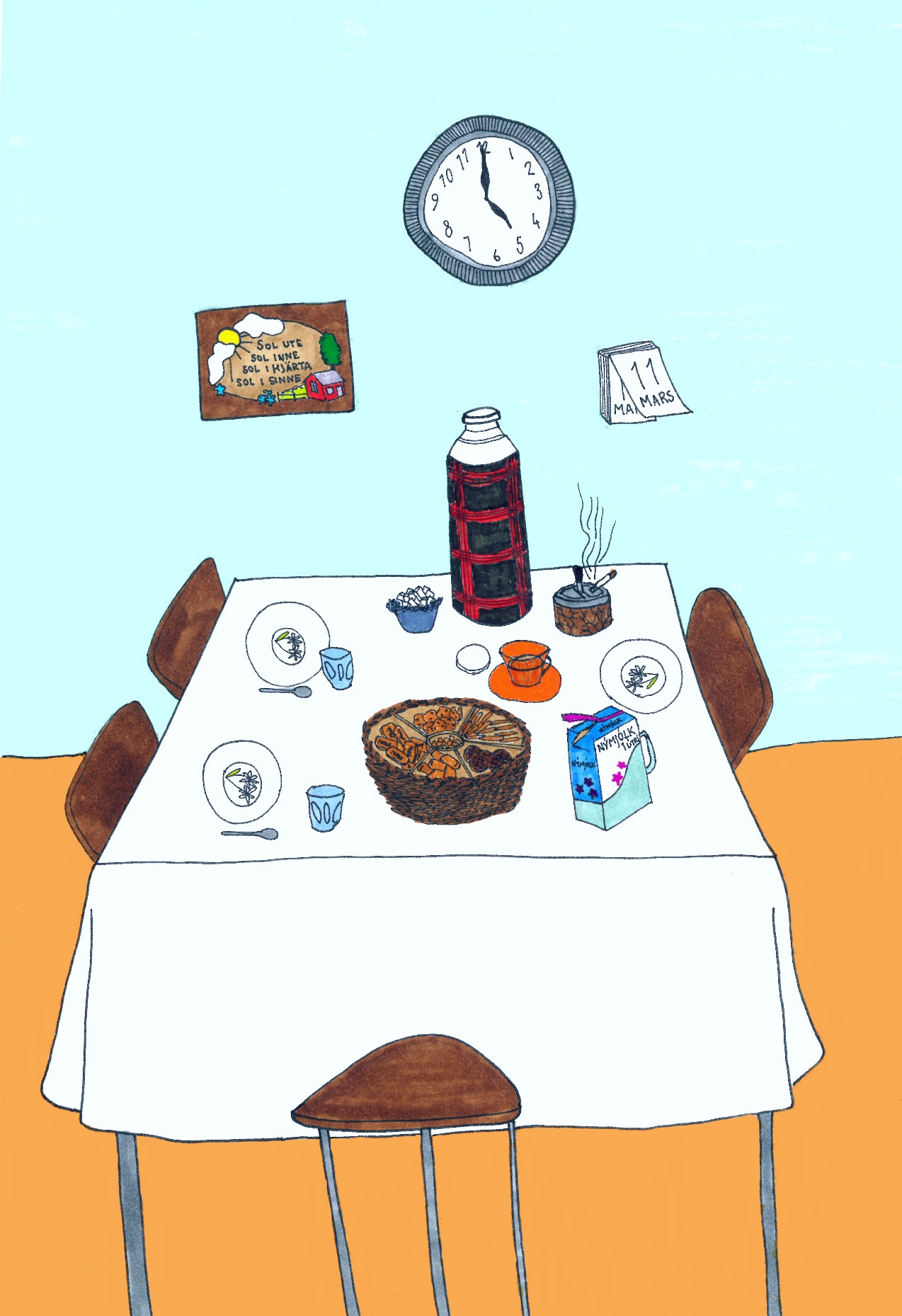
Getting older I have learned to appreciate my grandmother better than before and she has become my role model in many different ways, especially when it comes to living my life how I want to, because I am 100% sure that my grandmother did so all her life. She w always been the weird grandmother that didn’t bake, regardless of her mental illness. I have stopped defining her solely based on her mental illness and I can see her as the strong woman she was, that was not afraid to be herself and was vocal when it came to her opinions.
I sometimes get mad at myself for not having recognised what a role model my grandmother was when I was younger, maybe I had dared to be myself not only as a child, but as a teenager as well.
When my grandmother was a teenager in the 1950’s, she was the first woman in her family to go to high school, where among other things, she wrote assignments about women’s rights, she went to Sweden as an Au-pair and was the youngest telephone operator working for the Icelandic telephone company Póstur og Sími. Me on the other hand, I didn’t do much more than just worrying about other peoples’ opinions. I am still madder at the system that never caught her, the institutions where she was subjected to violence, the doctors that didn’t listen to her or her family, the people that let her down and the people that abused her illness.
I’m mad at the society that caused me to internalize prejudice for my grandmothers’ illness and in some ways made it more difficult for me to look at her as the role model she truly was. Hopefully we will all continue to learn about mental illness so we will stop pushing people that have them to the side and they will get the attention and the assistance they need to be inspiring role models for others.
Finding yourself - the importance of diverse role models for trans people
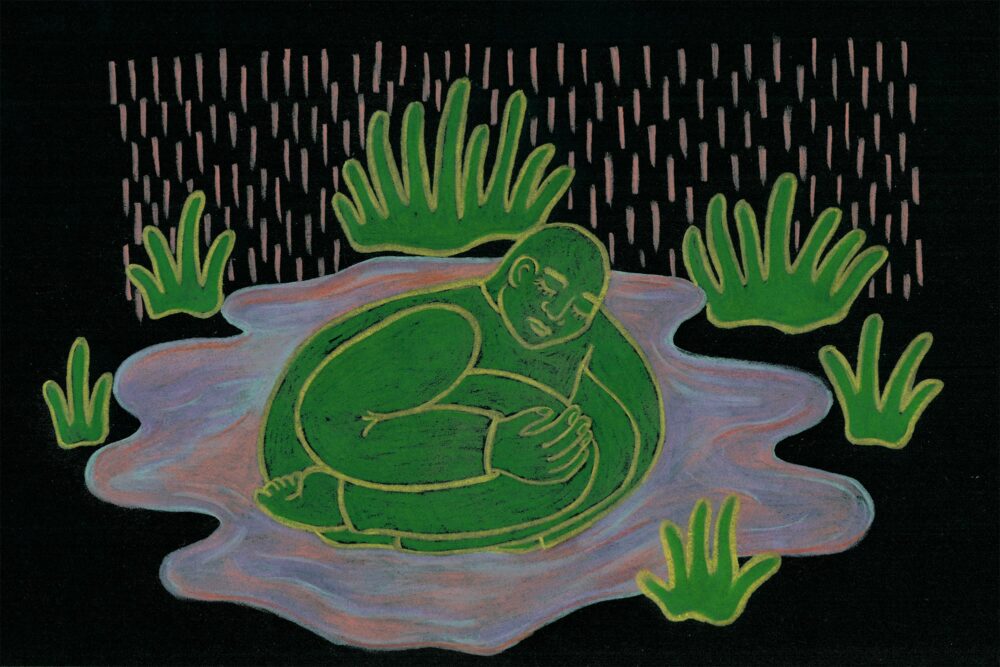
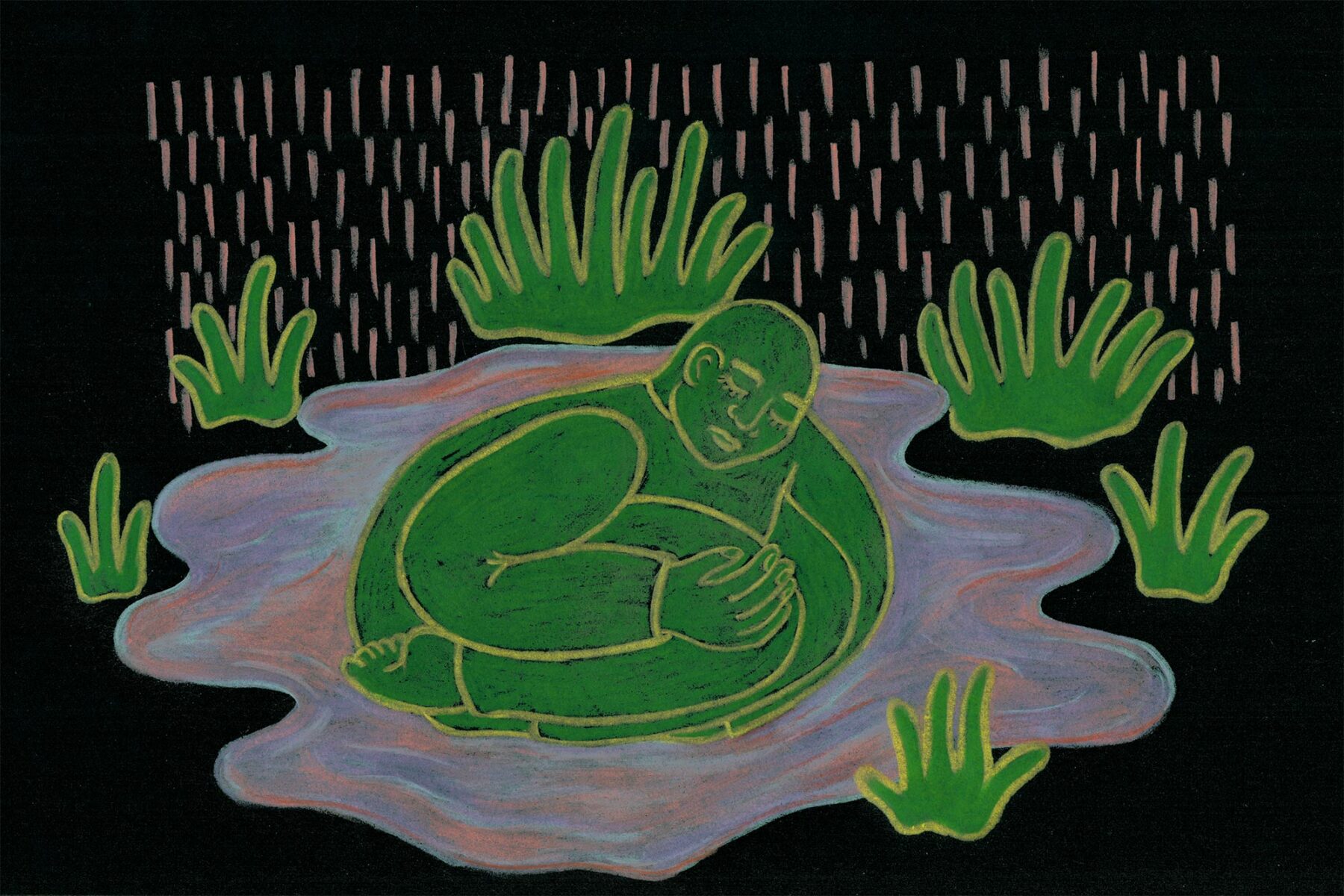
My Right to Exist
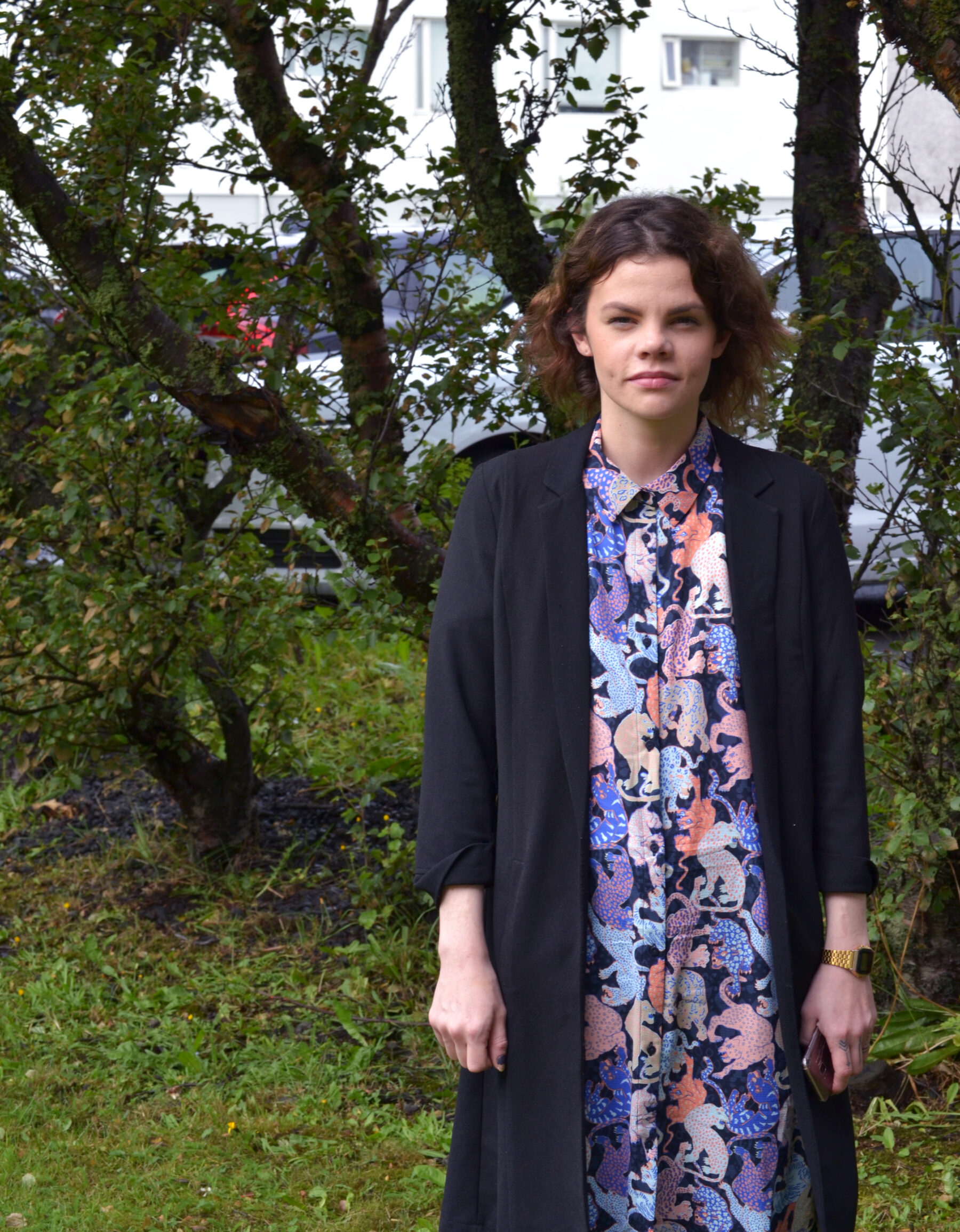

Bipolar: Three sisters
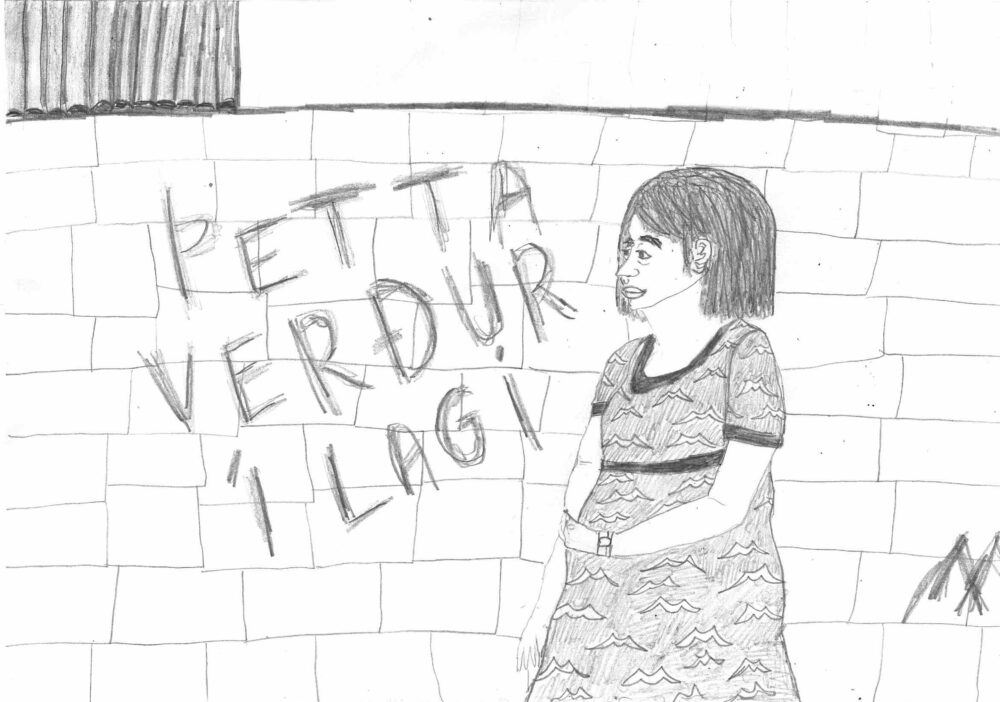
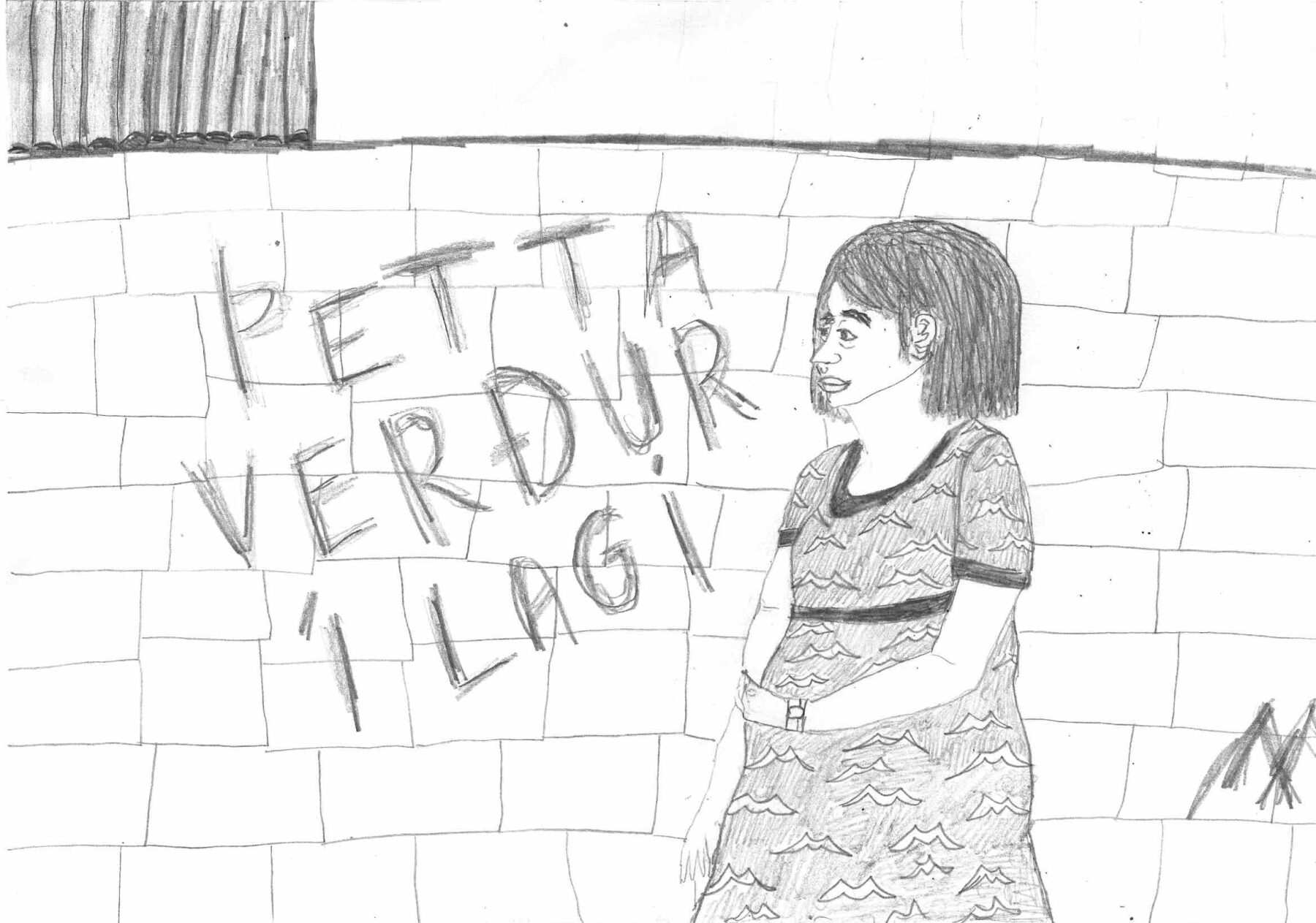
Afterthought: Thoughts about queerness and role models
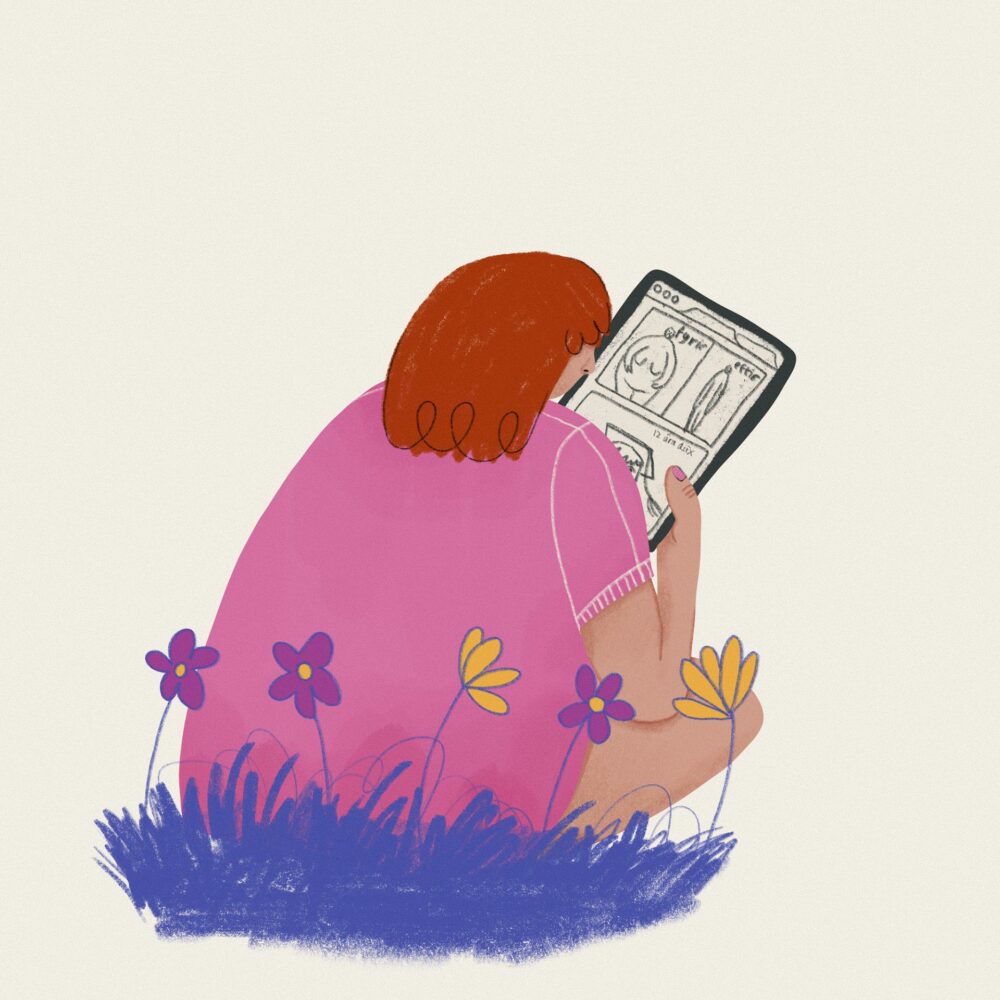
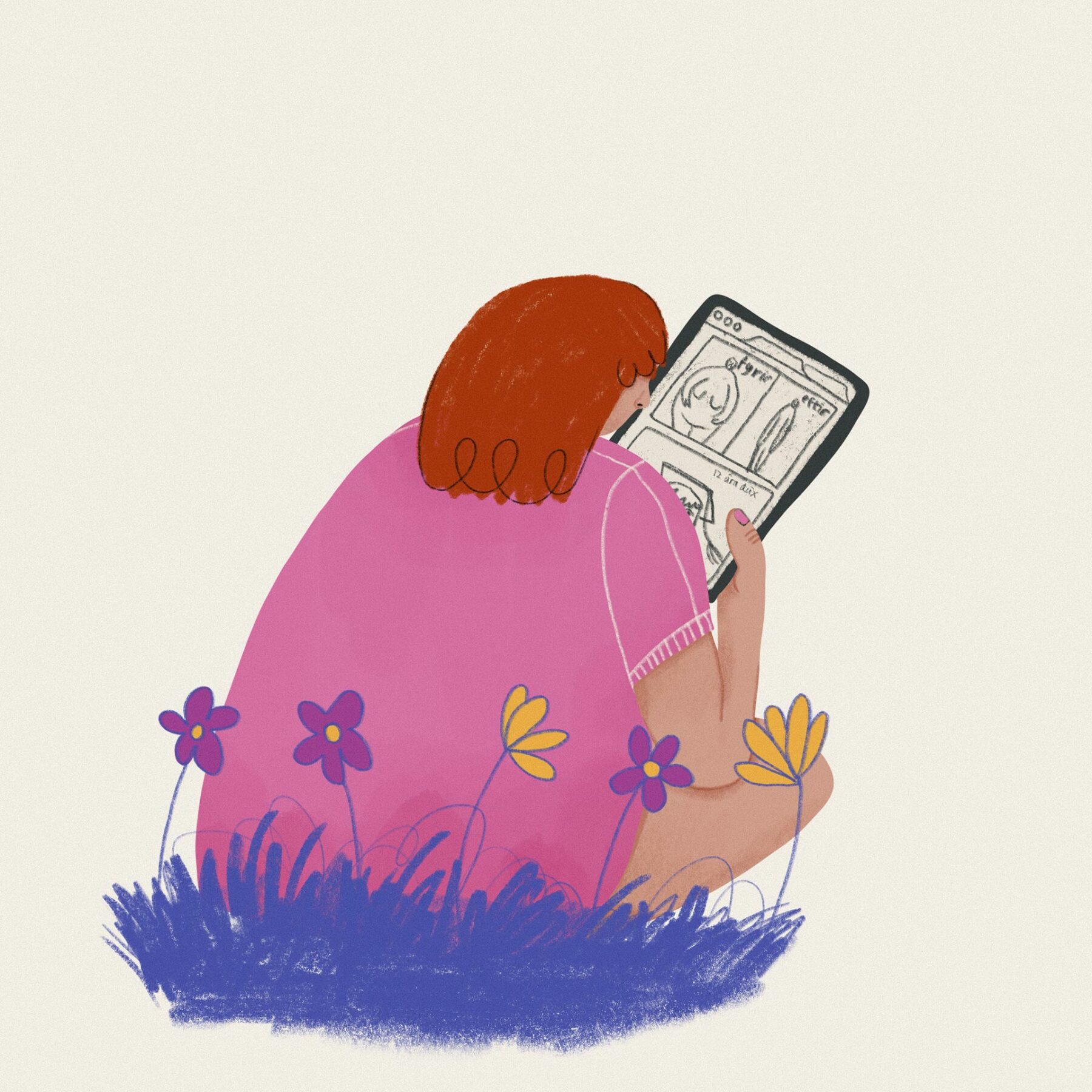
Read more about...
